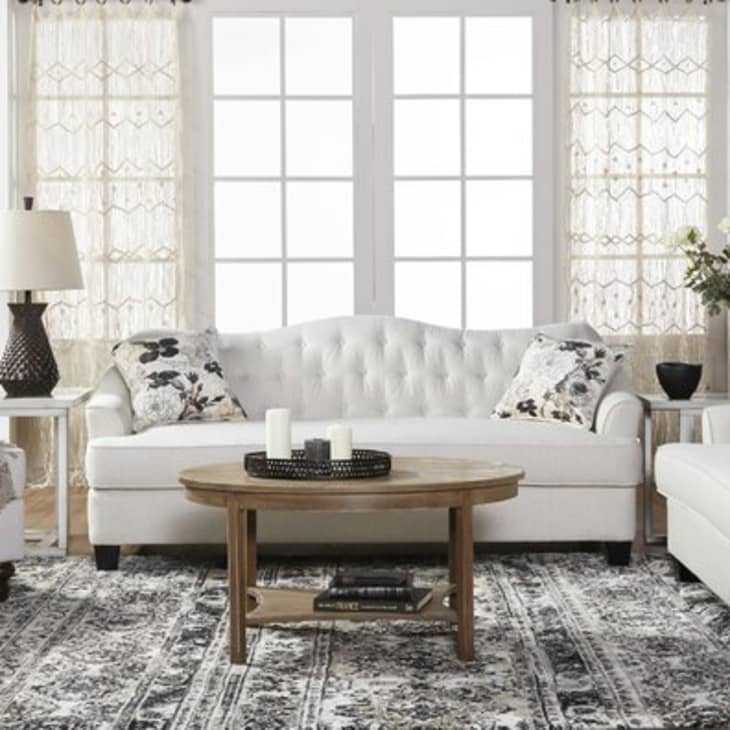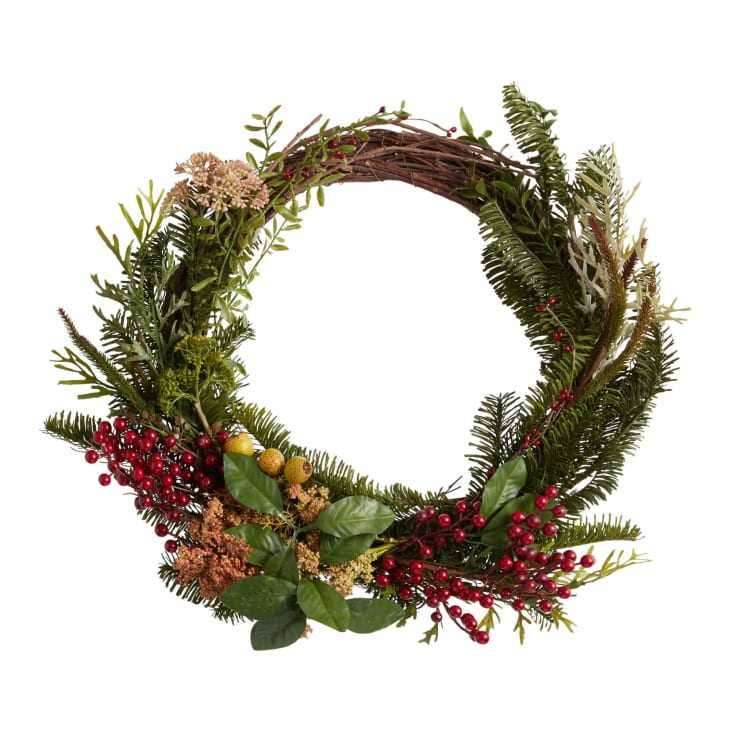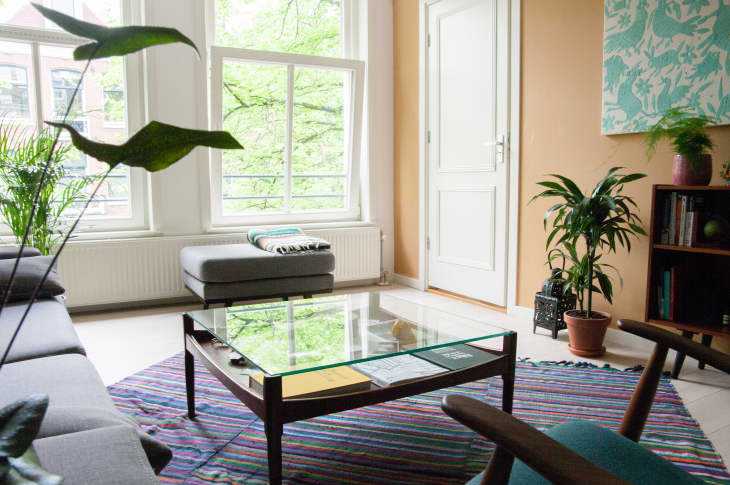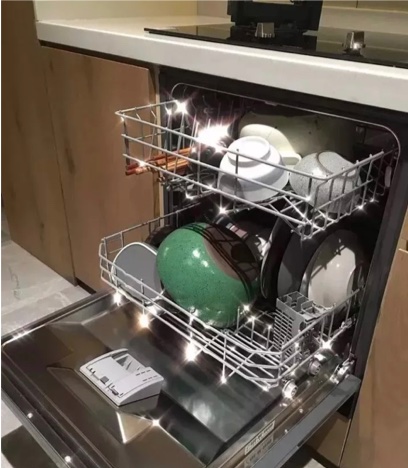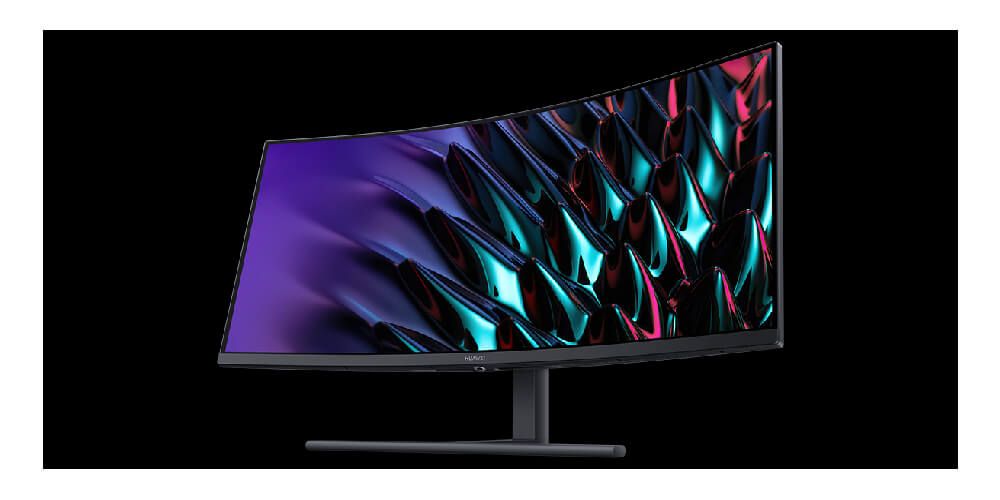Cookers are among the most prized and most commonly used appliances in the home. A cooker is an all-in-one-unit with at least one oven and a burner or hotplate. A lot of factors go into determining what is the right cooker for you from how often you use the cooker to what you use it for, are you hosting dinner parties or just cooking for one? For many, it’s also a relatively costly long-term investment that they utilize for a few years before even considering an upgrade. This makes it a decision not to be taken lightly.
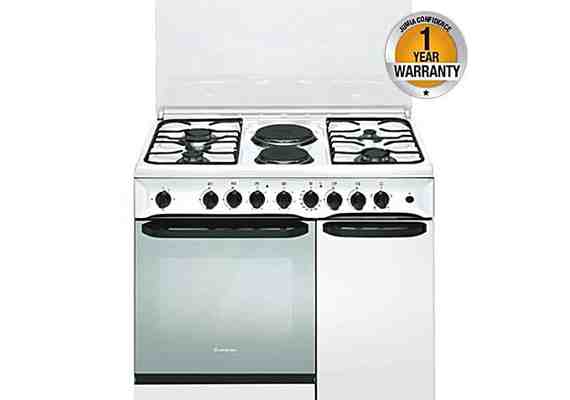
1. Budget
It all begins and ends with the amount of money you can afford to expend on the purchase of a cooker. Discipline in this regard is critical from the word go because it will help you focus your search on cookers within your price range, that you can actually afford to purchase.
2. Gas, electric or dual fuel
Cookers come with either gas, electric or dual burners. This choice is dependent on your history with cookers and your personal cooking preference. Gas burners heat quickly and are usually relatively cheaper than using electricity which generally costs much more than gas. Electricity is preferred by people who are cautious about using gas and are worried about the risks that gas poses. Student housing units for example are usually fitted with electric cookers because students are seen as too careless to be trusted around gas.
Electric burners are also preferred if the kitchen or cooking area is windy. Gas burners allow for more heat control because when you switch it off, the heat immediately goes off. Electric burners on the other hand evenly distribute heat even though they don’t offer instant heat control. Electric cookers are also generally easier to clean because of their flat plates. Connecting an electric cooker safely requires the services of a qualified electrician.
Dual fuel combines both gas and electricity with both gas burners and electric hot plates available for use. It is the most popular choice because it affords people the best of both worlds.
3. Size of the cooker
Most cooker models offer a combination of burners and hot plates. Standard sizes have four heating spots with larger sizes having upwards of six. The size of the cooker depends on several factors, one of them the amount of space available in your kitchen. Size is also dependent on the usage of the cooker. If you’re using your cooker to cook for one, you need a smaller one but if you’re cooking for a large family or love to host dinner parties, you will need one with a larger capacity.
There are also large range cookers that are wide featuring multiple oven cavities and burners and plates for really large families. They take up a lot more room than standard ovens and are associated with farm style kitchens.
4. Warranty
Cookers are a long-term investment for many people which makes a warranty to protect you if the product is faulty or breaks down shortly after purchase critical. Warranties usually range from 1 to 5 year covers.
5. The Oven
Ensure the oven has a clear glass door. Being able to see your food cooking or your cake baking’s progress without opening the door is huge. It’s not only convenient but also saves energy because you don’t lose heat every time you open the door.
Ovens use either conventional or convection heating. Convection cooking uses a fan that spreads the heat evenly throughout the oven so that the placement on the rack ceases to matter. Conventional ovens heat food from the bottom. Because of this, the air is static and often hotter at one end than the other. If your budget allows you to, you can opt for a double oven which would allow you to make two different things in each oven.
According to this article on Convection vs. Conventional Ovens, conventional ovens are better when it comes to baked goods such as cakes, cookies, and bread. Baked goods may rise too quickly or become dried out in a convection oven. They are also great for making casseroles, braising and cooking food that’s covered when in the oven. A convection oven is good for roasting vegetables to achieve a good crisp and roasting meat evenly. They heat food fast so you need to check your oven to see that you don’t overcook your food.
6. Reviews
Now more than ever it is important to get reviews before making a major purchase, especially on things like cookers. There are so many brands but not all brands were created equally. You’ll learn about many common defects or complaints which will help you avoid buying the wrong cooker. There are numerous reviews on the internet that will guide you on the right cooker to buy depending on your needs and budget. Also, ask your friends and family about their experiences with their cookers. Finding out the pros and cons of the cookers you are considering could save you a lot of money and heartache in the future.
7. Energy efficiency
Energy efficiency may or may not be a deal-breaker for you. This is something else you should consider when buying a cooker especially if you are buying a combination gas and electric cooker. Most large electronics now come with an energy rating which is a label that shows the appliance’s energy efficiency. Here are some things you can consider A Consumer’s Guide to Energy-Efficient Ovens.
The kitchen has been referred to as the heart of the home and outfitting it with appliances is considered a task not lightly taken. Colour inside the lines of your budget and if it falls short of what you would have wished for, take heart in the fact that there is potential room for an upgrade in the future. If you are able to get the cooker that is on your wish list, good on you.
Happy shopping!
More on home appliances here: 8 Things to Look Out For When Buying a Washing Machine, 5 Things To Look Out For When Buying A TV, and Lifestyle: 7 Things To Look For When Buying General Appliances.
Also here are some tips on Lifestyle: Considerations When Buying A Microwave Oven. Check out as well 6 Microwave Care And Maintenance Tips You Should Know
17 Ways To Conserve Energy In The Household And Save Money
Share Tweet Share
Sharing is caring! Facebook
Skype
Tumblr
Telegram
Like this: Like Loading...
